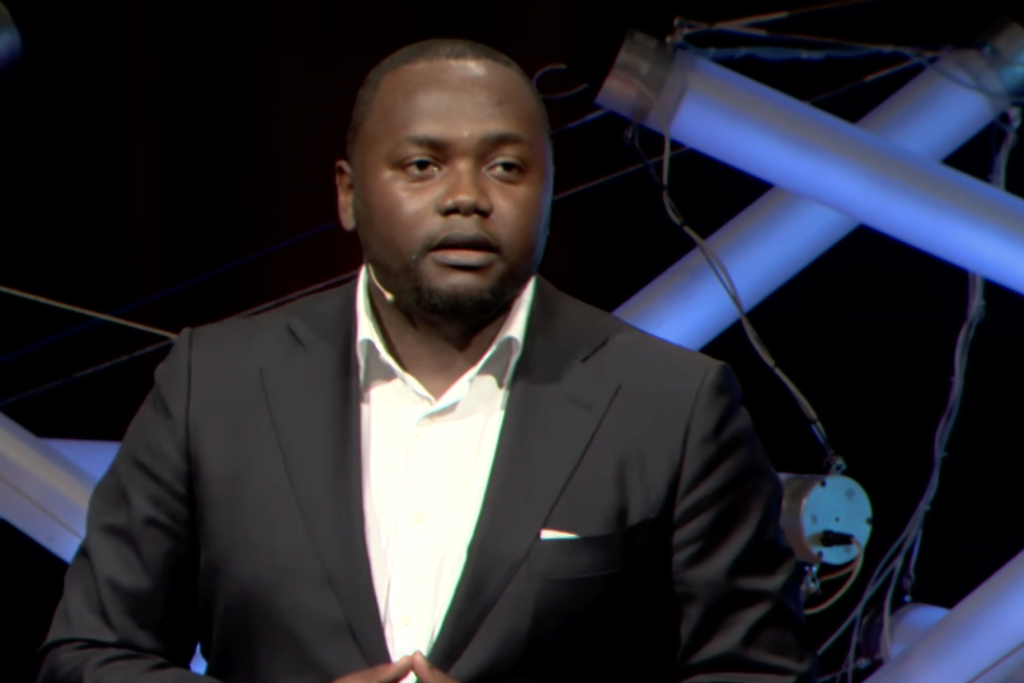The court literally calls ethnic profiling a serious form of discrimination.
Some call it a 'historic statement', but it's actually too crazy for words that we have to describe the statement like that. The big question is how the Royal Netherlands Marechaussee (KMar) will now check travelers with a dark skin color when they want to enter the Netherlands. The court in The Hague ruled that they are picked from the queue and others are not.
The court prohibits the Marechaussee from making selection decisions based on race during subsequent identity checks.
Amnesty International, Radar and Control Alt Delete, who filed the case as a collective, demanded a ban on the grounds of discrimination. Ethnic profiling is the use by the police of criteria or considerations regarding race, skin colour, ethnicity, nationality, language and religion in investigations and law enforcement, both at the operational and organizational level, when there is no objective justification for doing so. It is reprehensible and up for debate. Ethnic profiling is about disproportionately stopping citizens on the basis of their visible ethnic background.
Mpanzu Bamenga was taken out of line by the Marechaussee in May 2018 after arriving at Eindhoven Airport for further inspection.
The Marechaussee monitors in the fight against illegal immigration and cross-border crime. The immediate reason for the lawsuit was, among other things, a complaint from the former Eindhoven municipal councilor for D66 Mpanzu Bamenga.
The Marechaussee monitors the supervision of the external borders and often intervenes in the immediate vicinity of the airport during checks on the access roads to and from the airport. In a memorandum to the House of Representatives last year, the Royal Netherlands Marechaussee no longer uses ethnicity in checks. With the decision of the Court of Appeal, that legal basis is no longer present.
appearance
So the big question is how do you prevent checks from leading to ethnic profiling? The KMar must be trained to be aware of possible biases and their impact on their work. Training can help reduce stereotypes and biases and teach auditors how to make objective assessments. Instead of random checks, a risk analysis can be used to determine which passengers require additional checks based on objective factors such as travel history, behavior and other indicators of potential risk.
Hiring more different controllers can help reduce prejudice and discrimination at border controls.
It is important to avoid profiling based on race, ethnicity, nationality or religion. This can be achieved through the use of objective criteria and by avoiding stereotypes and prejudices. Monitoring controls and collecting data can help identify any patterns or trends that indicate discrimination.

For his efforts against ethnic profiling, he received the title Human Rights Man 2021, the annual prize of the Netherlands Institute for Human Rights. In 1994 fled his mother together with him and his brother from Congo to the Netherlands. After 13 years of waiting – with a residence permit and a diploma – Mpanzu Bamenga, who has now become an Eindhoven resident, opted for a socially involved life. As a council member, activist, founder of The Dutch Inclusion Leaders Network and ambassador of Samen Hier Amsterdam, this driven centipede converts his negative experiences into positive action for the concrete improvement of human rights and inclusiveness.
KMar
The Marechaussee helps, monitors and signals. To this end, the Marechaussee works together with Customs and FIOD, among others. If the Marechaussee sees deviant behavior or a suspicious situation, they must proceed to check. Among other things, citizens are asked to identify themselves. The Marechaussee performs proactive checks on the basis of experience and professional intuition, but they must also be able to objectively substantiate the choice for their check.



